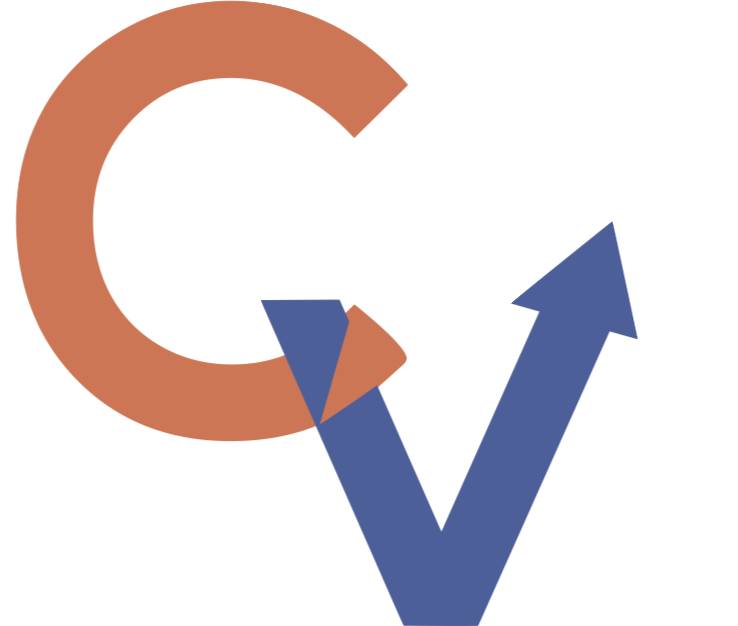Interview Prep 101
It’s hard to know what to expect walking in to an interview. There are lots of horror stories out there about bad interviews and interviewers. The best you can do is to prepare.
Ask for the names and positions of people you will be meeting. This allows you to look on the company website beforehand and do a Google search to find out about these folks. If you can get a biography or view a LinkedIn profile, it will give you a better shot at determining the kinds of questions the person might ask you. However, don’t go into the interview spouting off how much you learned about everyone in the room! You will likely scare them off. Use it as a reference only to help you prepare, and if you’re lucky, the interview discussion may turn to commonly-shared interests which would be the time to share that you run marathons or love to bake too.
Brainstorm questions. The first set of questions you should think about are tough ones the interviewers may ask you.
The second set of questions you should brainstorm are those you can ask the interviewer during or after the formal interview. You always need to ask a question, preferably two or three. This shows you are prepared, engaged, and truly interested in the job. Examples are:
· Is this a new position or did someone occupy it before? If so, why did they leave?
· What do you love best and dislike about working here?
· What makes a person successful in this role?
Write down some quick notes on a notepad to bring with you to the interview. If you get nervous and can’t think of that one example you wanted to give, or questions to ask, you’ll have hints in front of you. Don’t be afraid to jot down some notes during the interview.
Planning ahead of time for an interview goes a long way. You will come across as more confident and be able to speak clearly and concisely about your experience. In addition, the interviewers will note your thorough preparation, which shows that you are serious about the job and leaves a lasting impression.
